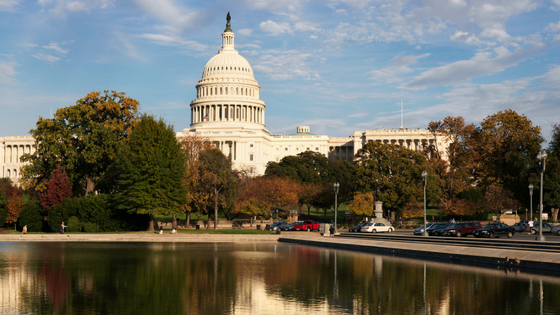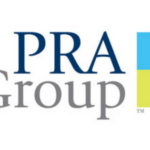A bill yesterday aimed at allowing debt buyers to bypass state interest rate caps passed the House of Representatives and moved to the Senate for review.
H.R. 3299, the Protecting Consumers’ Access to Credit Act of 2017, passed 245-171. The bill would ensure that an interest rate, if lawful when a loan is made, would remain valid if the loan is subsequently sold, assigned, or transferred to a non-bank third party.
The bill aims to undo an Appeals Court ruling in the case of Madden v. Midland Funding, in which the court ruled that a debt buyer was not privy to the same pre-emption from state usury laws as the financial institution that originated the loan. In this case, Midland attempted to continue to charge the same interest rate on a credit card that was originally originated by Bank of America. The interest rate on the loan exceeded the amount allowed by New York state law, but BofA was pre-empted from following that law under the National Bank Act.
The bill aimed to codify the “valid when made” doctrine, which ensures that loans remain valid after they are sold or transferred, “thus promoting transparency and predictability,” according to the American Bankers Association.
From Rep. Patrick McHenry [R-N.C.], who sponsored the legislation:
“This legislation merely restores consistency to our nation’s banking laws after activist judges upended nearly 200 years of legal precedent,” said McHenry. “The practical effect of this bipartisan bill is much more significant. Its passage marks an important step towards modernizing our financial system and ensuring financial inclusion for all Americans”









